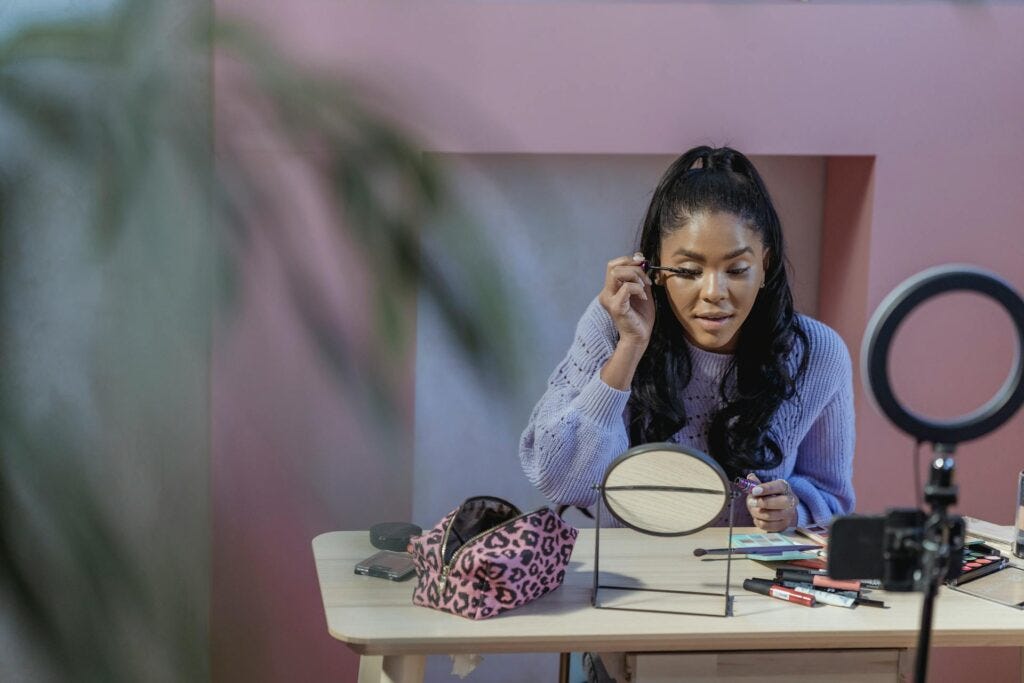Beauty Products Are Dousing Black and Latina Women in Formaldehyde, Study Finds
Over half of Black and Latina women in Los Angeles use harmful personal-care products daily, according to a new study.
Published by the journal Environmental Science & Technology Letters, the study was built from research collected in 2021 and focused on the presence of formaldehyde in products used every day. Out of 70 Black and Latina women, 53% said that they used products, such as soap, lotion, shampoo, conditioner, eyeliner and eyelash glue, that contained the carcinogen or other formaldehyde-releasing preservatives.
On average, the women used about 17 of these products per day. Although the number went as low as 5 for some, there were participants who used as many as 43 of these cancer-causing products daily. To conduct the study, they were asked to log what they used on an app developed specifically for the survey and had to take a photo of each ingredient label.
Per the co-author and executive director at Black Women for Wellness, Janette Robinson Flint, the prevalence of these formaldehyde-containing products in the lives of Black women is due to living in a society that follows white beauty standards and issues with singling out the carcinogen.
“We’re trying to do the right thing,” Flint said in a statement. “But there needs to be more government oversight. We shouldn’t have to be chemists to figure out what kinds of products will make us sick.”
The study’s latest results also provide reasoning behind why Black women are more often diagnosed with and pass away from breast, uterine and ovarian cancer.
As of 2025, Black women are 40% more likely to pass away from breast cancer than white women. They are also more likely to be diagnosed with more aggressive forms of the cancer at younger ages and at advanced stages of the disease.
Black women diagnosed with uterine cancer record similar rates as they only have a 64% five-year survival rate compared to the 84% that white women record.
Exposure to formaldehyde exacerbates the chance of developing these cancers. While the European Union has established safety guidelines for the regulation of carcinogens, the U.S. has yet to act on banning formaldehyde from hair products specifically.
Although a ban was proposed by the Food and Drug Administration in October 2023, with its implementation scheduled for April 2024, the plan is still in limbo. Since it missed its deadline, the implementation of the ban now relies on the Trump administration.
Many government officials, such as U.S. Rep Shontel Brown of Ohio, however, are expressing concerns that the current administration might not take action on this health issue.
“The frustrating thing is that this shouldn’t be controversial. We’re talking about basic consumer protection here,” said Brown per CNN. “It’s heartbreaking to think that all this time these products could have been harmful and it’s enraging that now we have so much evidence that we need to take action and it’s not happening. You wonder why we’re not being listened to.”
The post Beauty Products Are Dousing Black and Latina Women in Formaldehyde, Study Finds appeared first on TheHub.news.



